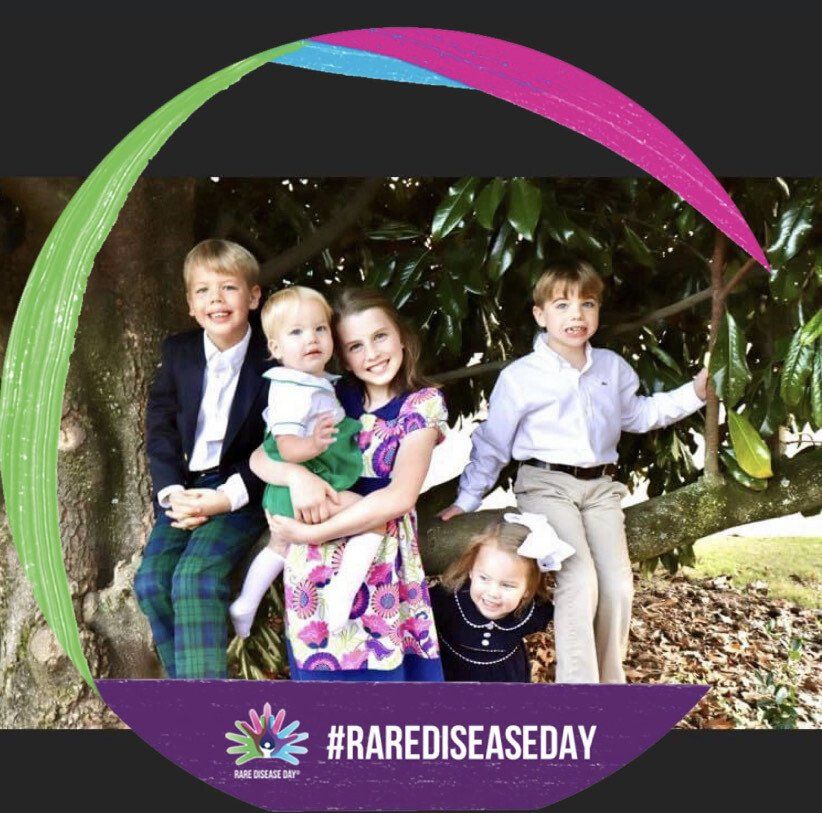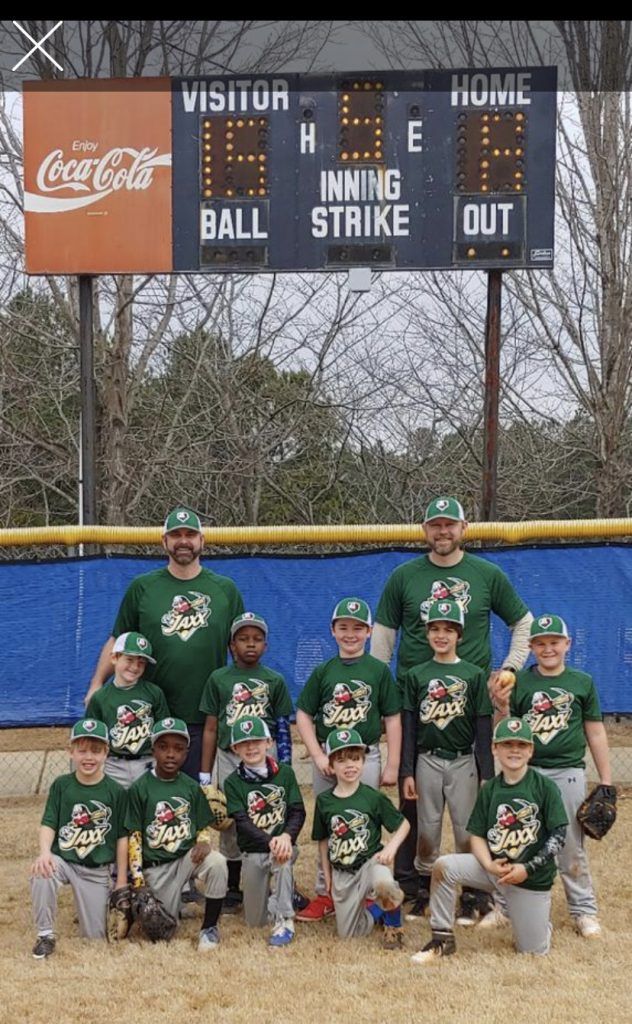A Complicated Relationship

Today is #rarediseaseday2021. I have a complicated relationship with this day. There are things a parent of a child with a rare disease is *supposed* to say. We should say we are grateful (we are) and that our child is hard working, resilient, persevering (dear heavens is he). We should say we wouldn’t change a thing. Here’s where I trip up.
On this side of heaven I am not okay watching the toll this takes on Thomas and our family. I am terrible at “rejoicing in suffering” as Paul challenges us. While I can rattle off 50 ways #okurchung is growing and sanctifying my family, the constant guessing game of how to treat the newest medical issue or latest emotional ramifications is daunting. Staying ahead of medical, behavioral, academic needs is a heavy weight. There is no cruise control. Today please, please honor my boy with your prayers for all children with a rare disease. There is no straight line for helping these babies, if there is even a line at all. And in a special way pray for their caregivers. We have it so very good in our little corner but the toll on caregivers is immense. Like in everything, there is much suffering in the joy.
We won’t talk about rare disease day because it’s also the first spring training game for Thomas’s beloved Atlanta Braves so he will allow zero other topics of conversation. There may be a slight exception for reminding EVERYONE how he had five (two) hits and his team got their first W. I don’t love rare disease, but I love the hell out of my favorite baseball player who happens to have one �55357;�56473;

